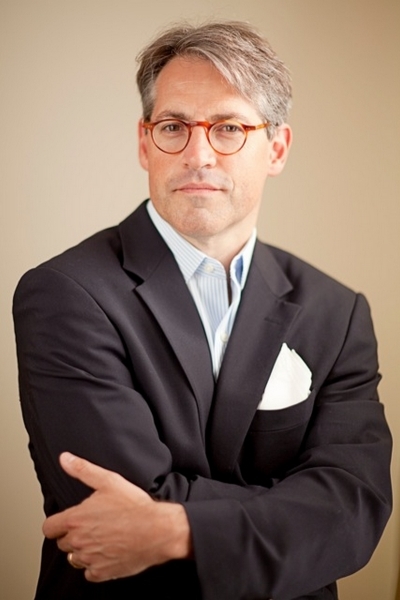Changing the World Through Facebook and Twitter

It's great having lots of Facebook friends. But the kind of ties we have to folks on social media aren't the ties that bind.
Five years ago, in the wake of a series of political upheavals that were cited as proof of the power of social media to affect political and social change, Malcolm Gladwell wrote a piece in the New Yorker entitled "Small Change: Why the Revolution Will Not Be Tweeted."
At the heart of Gladwell's critique of social media's inability to create meaningful and lasting change was what he called the "weak ties" created by things like Twitter and Facebook. Our "followers" on Twitter and "friends" on Facebook are virtually all acquaintances, if that: they're the kind of people you can ask to pray for you when you or a loved one is ill. But it's unrealistic to expect most, if any of them, to visit you in the hospital or care for you during your recovery.
Similarly, the kind of activism you see on social media "succeeds," if that is the word, precisely because it doesn't ask too much of people: a retweet, a posting on Facebook, etc. In contrast, the kind of activism that results in significant and lasting social change asks a great deal of people, which in turn requires strong ties.
Not surprisingly, Gladwell's piece had many detractors, then and now. But that didn't make it wrong. Take a recent TED Radio Hour, which discussed the importance of strong ties. In it, listeners were told the story of the Montgomery bus boycott, which began sixty years ago this month.
African-Americans in Montgomery, more than their white neighbors, were dependent on the bus system to get to and from work. Agreeing to boycott the segregated buses was a large commitment involving real sacrifices.
To make sure folks got to and from work, the organizers of the boycott, the Montgomery Improvement Association, operated an alternative mass transit system, a combination of carpools and kind of free Uber, for more than a year. Black cab drivers charged the equivalent of bus fare to boycotters. Some white employers even drove their black employees to and from work.
When the alternative system didn't work, mostly because of white officials' harassment, people were willing to ride mules and horse-drawn buggies, and if all else failed, to walk to and from work. This prompted the iconic line from an old black woman who, when asked if she was tired from walking back and forth to work, replied "my feet are tired but my soul is rested."
The source of these strong ties was a shared experience interpreted through the language of faith and mediated through the church.
At his first address as the head of the Montgomery Improvement Association, a 26-year-old Martin Luther King, Jr. told the crowd, "We are Christian people. We believe in the Christian religion. We believe in the teachings of Jesus ... And we are determined here in Montgomery to work and fight until justice runs down like water and righteousness like a mighty stream."
King inspired what he later called "a miracle," not via a tweet but in a sermon. Not by an aphorism or a snarky comment but by quoting the prophet Amos.
What was true in Montgomery was true of the rest of the Civil Rights Movement: strong ties, usually articulated in explicitly Christian language, produced the willingness to sacrifice. None of this was a coincidence.
In case you're wondering: I'm quite active on social media. But I know that it's no substitute for what the author of Hebrews called "meeting together," whether our goal is to change the world or just ourselves.
This article was originally posted here.



























